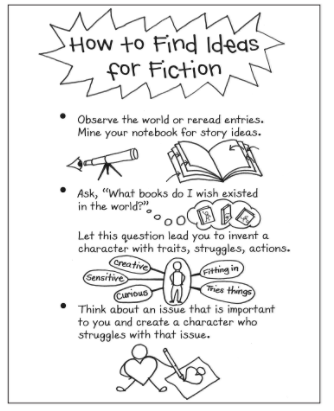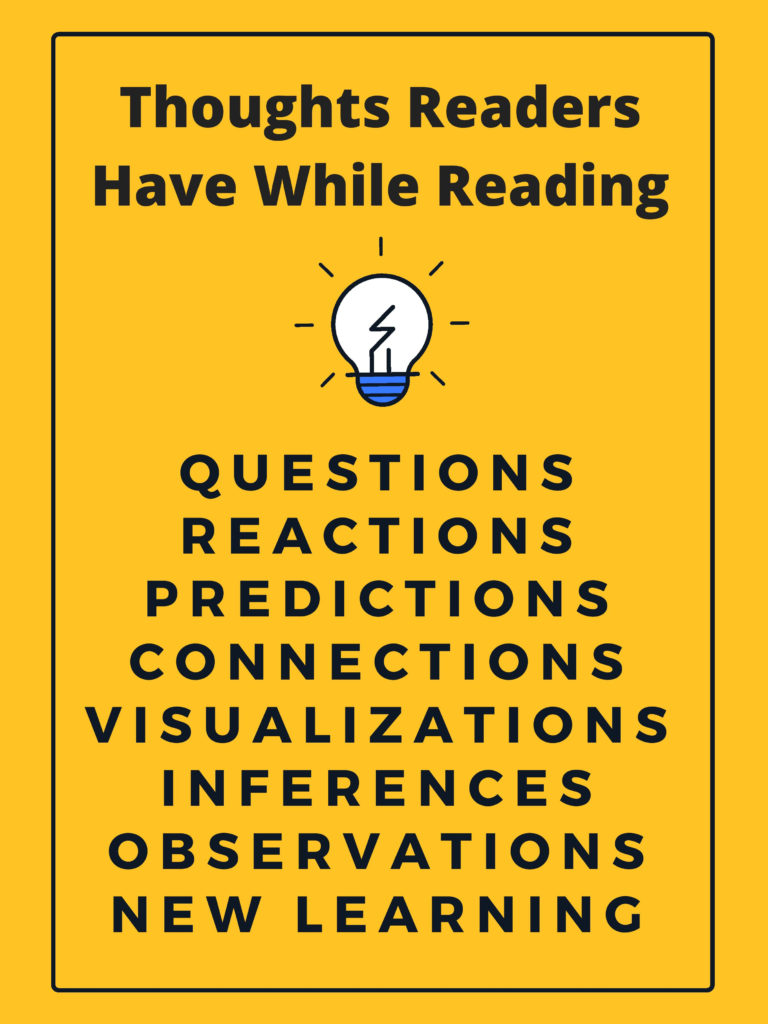Viewing: October, 2021
October 26, 2021
Homework: A chance to build responsibility!
In fourth grade, homework serves two important purposes: It’s an opportunity to practice skills learned in class or to set the stage for new learning, and it also gives students an opportunity to develop the skills of being responsible for managing their assignments. In this post, I’ll review homework expectations in case you weren’t able to join us for curriculum night in September. (I think it’s relevant now that we’re “in the swing” of homework in class.)
What does a typical homework assignment look like?
As you’ve probably seen, most homework assignments are assigned toward the beginning of the week and are due later in the week. Typically there are up to two written assignments per week. One is usually a math assignment and gives students the opportunity to review different skills they learned the prior week. The second assignment could be a reading activity, a writing task, or even an assignment tied to social studies, science, social-emotional learning, etc. Additionally, students should dedicate about 30 minutes to independent reading each night, as well as nightly time to practice their basic math facts. (More on these last two items in a future post.)
How does my child know what’s for homework? (And how do I know?)
Whenever I assign a homework task (again, usually on a Monday or Tuesday, though there are exceptions), students copy the assignment from the board into their planners. (It’s important that they bring their planners each day.) They should be copying down the name of the assignment AND the due date in their planners. I try to make it around the room to check to make sure that students are accurately copying down the assignments. I do not have students write down the assignments of the 30(ish) minutes of nightly reading and the nightly math fact practice, as these are ALWAYS homework assignments. But I remind them that, just because it’s not written, they shouldn’t think it’s not expected.
Families sometimes ask me if I can post the homework assignments online. This is something that I purposefully don’t do. As students get older, their teachers will most likely post the homework assignments online for them, particularly as more and more assignments are completed online. But in elementary school, we see this as an opportunity to help kids develop the skills to responsibility copy their homework assignments into their planner, make sure they take home needed worksheets from their mailboxes, etc.
What if my fourth grader doesn’t have his or her homework on-time?
It happens! Who among us hasn’t missed a deadline on occasion? If your child doesn’t have his or her homework assignment ready on the due date, he or she will complete a homework alert, which is a letter home outlining what assignments were missing, why they weren’t ready, and what his or her plan is to get homework done in the future. Please sign it and send it back to school. We started using these in class last week, so several of you may have seen these come home. Please know that if one of these comes home, it’s NOT time to panic! As I said, this is a NORMAL part of being a developing student. Mistakes happen. If it becomes a habit, I’ll reach out to you to discuss how to best support your fourth grader. (Please note that homework is due in the morning, when they arrive at school. There’s no need to drive in and drop off worksheets left at home. It’s not because I’m looking to be extra tough on the kids, but rather, because it takes away a valuable opportunity for your fourth grader to have an experience that might help them to develop their personal organization skills or time management skills. I’m eager to work with your child to improve these areas, and my goal is never to simply penalize or embarrass a student.)
How can I help my fourth grader with homework?
I welcome your involvement when it comes to supporting your child with homework. If your child is struggling with their work, ESPECIALLY math homework, please encourage him or her to email me. (Again, I want students to learn to be good self-advocates when it comes to seeking out help.) I often have instructional videos and guides that I can send out to help with homework, so please ask! (Even if I don’t have a resource for you, I’m happy to work with your child in class. Plus, Google can be a good resource! :-D) If you’re finding that your child is regularly struggling with work, please let me know! I want to work with you to make homework a VALUABLE part of the learning process.
If you ever have questions about homework, please don’t hesitate to ask me!
Posted in Class Updates|By Jon Moss
October 19, 2021
What have we been working on in writing?
Writing is a key part of our daily instruction. My goal is to give the students time to practice their writing skills each day, even if only for a few minutes. Today, we’re wrapping up our first unit, which was about realistic fiction writing. Each writing lesson is broken up into two main parts: We start with a minilesson in which I introduce a skill to the class, and we end writing writing time, during which time I conference with individual or small groups of students. This conferencing time helps me to support students with applying the skills that I introduced in the lessons, and it also allows me to work with them on skills that either I or they feel that we need to tackle. In doing so, everyone gets instruction that’s right for their needs.

In our realistic writing unit, students worked to brainstorm ideas for stories, using their own experiences and interests as inspiration. We worked on how to plan stories and how to decide where they should elaborate and where they can speed ahead in their story. Students worked on developing their characters, learned how to develop a problem throughout a story, and took time to revise and edit their writing. Throughout this unit, we worked together on a shared writing story that allowed me to model certain techniques. (Ask your student about our story about Luz and her sleepover!) They are typing up their stories now, but it’s important to understand that we’re routinely starting and working on different pieces of writing, and we emphasize that writing doesn’t need to lead to a “finished” or published piece in order to be valuable. Today, students are completing an “on-demand prompt”, which serves as a summative assessment for the end of the unit.
Later this week, we will kick off our next unit, in which students will learn how to write personal and persuasive essays about an issue that is important to them.
Posted in Class Updates|By Jon Moss
October 13, 2021
What have we been working on in reading?
In fourth grade, we kick off the year with a mini-unit focusing on the habits of reading. This includes how to choose a just-right book, why readers abandon books, how to discuss books, activities to build students’ reading stamina, and so much more. I want students to develop a life-long love of reading and to look at reading as an enjoyable hobby, not just as a requirement tied to school. We launched the year with these activities in order to provide students with a foundation for all of our other reading activities throughout the year. You’ll hear more from me, in the coming weeks, about your child’s “just right” reading level and how you can use that information to support his/her continued growth as a reader.

One of the best ways to grow as a reader is to discuss what you read. Throughout the year, this will be a focus. I want students to learn how to have conversations about what they read, beyond sharing factual information about the book and telling whether they like it or not. Over the years, I have kept track of the different kinds of thoughts readers have about their texts, and I narrowed them down to eight different categories. Listed in the graphic to the left, these ideas help us to make the idea of “Reading is Thinking” more concrete, and less of a nebulous “Gee… I’m supposed to think about… stuff… while I read!” Kids can focus their thinking in different categories, which can help to build these habits so the ideas come naturally as they grow and mature. Students are often encouraged to “stop and jot” while reading and to record some of their ideas on sticky notes, which then get placed in the book. (This is why we may go through sticky notes to quickly in class!) This can facilitate engaging discussions about books. Wondering how you can help your child? Use these eight types of thoughts to guide some of your reading discussions with your child. Rather than asking an open-ended question like “What did you think about _________?”, you can ask a more specific question using one of these eight types of thoughts. It can lead to a great conversation, especially when discussing connections.
With a lot of these foundational skills established, we’re now in the midst of our first core literacy unit. Students are learning about narrative elements (characters, settings, problems, main events, and solutions), and while these are hardly new concepts, they’re learning more sophisticated applications of these ideas. For example, where stories for younger kids have characters who are clearly “good” or “bad”, stories for upper elementary students tend to have more nuanced characters, with flawed protagonists or antagonists who still have redeeming qualities. Likewise, where stories for younger kids have a clearly defined problem and solution, stories for older children will start to have multiple problems and endings that may not solve problems as much as resolve challenges. As you read with your child, or as he or she reads independently, ask him/her questions about these different elements. (We’ve finished learning about the setting, and we’re now learning about characters. Next week, we will begin to work on identifying the problem in a story!
The start of the school year wouldn’t be complete without some reading assessments. This year, we’ve continued to use an assessment tool called aimswebPlus. aimswebPlus is an online tool that allows us to administer and score an oral reading assessment as well as reading comprehension tools. Starting this year, instead of giving students DRA assessments, we will use Benmark Assessments to help me to identify your child’s independent reading level, which will allow me to work with you to help your child to find just-right texts. Like DRAs, the Benchmark Assessments (often abbreviated as BAS) is giving individually to each student. It’s time consuming, but it’s well worth the time, as I’m getting to know your kids very well as readers.
In the next post, I’ll fill you in all about what we’re doing in writing! Enjoy your weekend!
Posted in Class Updates|By Jon Moss
